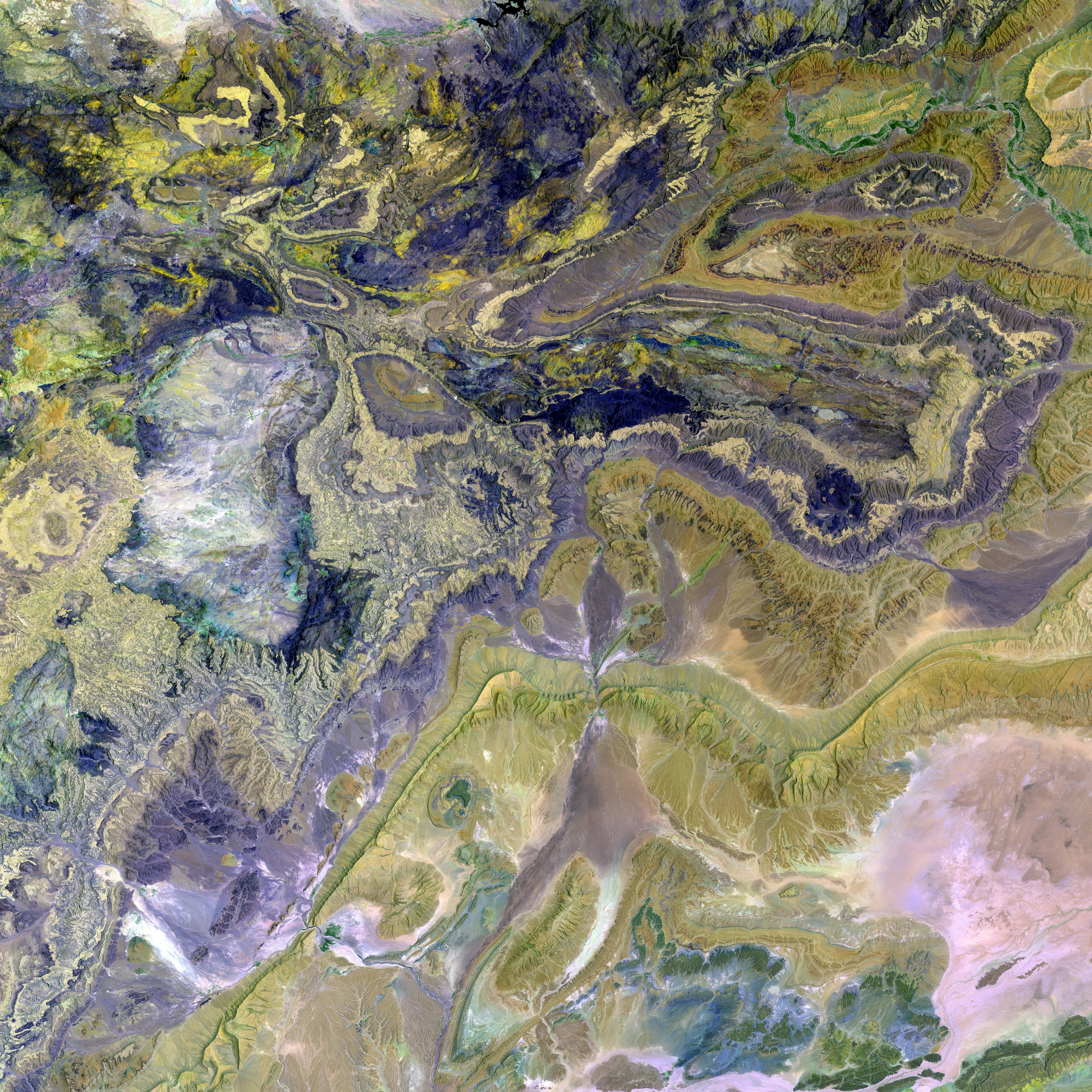Free-flowing Take on the Israel-UNRWA Standoff: A Legal Spat Unraveling at the International Front
United States Supporting Israel's Halting of UNRWA Aid Operations in Gaza at International Court of Justice
Israel's move to bar UNRWA, the UN Palestinian refugee agency, from functioning within its borders has been challenged at the International Court of Justice (ICJ). The unfolding saga is a tug-of-war of legalities, international politics, and humanitarian concerns.
Last year, Israel enacted a law to terminate UNRWA's operations within its territory. Amid this, the UN General Assembly requested the UN's top court to offer an advisory opinion on Israel's responsibilities to facilitate aid to Palestinians, provided by governments and international bodies such as the United Nations.
During the hearings, the United States, a staunch ally of Israel, argued that Israel reserves the right to decide which organizations cater to the population's essential needs in the occupied Palestinian territories. Joshua Simmons, the US State Department legal adviser, stated that even if an organization offering relief is impartial and a significant actor, occupation law does not compel an occupying power to allow such a specific organization to deliver aid.
However, this stance has not gone down well with several UN and Palestinian representatives who allege Israel of flouting international law by blocking aid to Gaza. In response to this, Israel has argued that UNRWA promotes anti-Israel sentiment and is complicit with Hamas, without presenting substantial evidence. Such allegations have been refuted, prompting the UN to dismiss implicated staff members.
The ban has led to a severe humanitarian crisis in Gaza, causing the depletion of essential supplies and denying aid to vulnerable residents. The situation has prompted questions regarding Israel's adherence to international humanitarian law, particularly concerning civilian protection and the provision of humanitarian assistance.
This impasse brings forth several legal implications, with the ICJ proceedings attracting participation from various countries and international organizations. While the ICJ's decision isn't binding, it could significantly influence international jurisprudence and influence public opinion.
Meanwhile, the ongoing debate and diplomatic efforts may propel further legal challenges and international pressure on Israel to reconsider its policies. It's important to note that the U.S., while backing Israel's right to deny UNRWA access, may face opposition from other nations and international organizations. The future of UNRWA and its mandate to address Palestinian refugees' basic needs remains uncertain within this complex, evolving landscape of international law and diplomacy.
- The Israel-UNRWA standoff, currently under review at the International Court of Justice (ICJ), is a breaking report in the fields of war-and-conflicts and politics.
- Saudi Arabia, along with numerous other countries and international organizations, is closely monitoring the ICJ's advisory opinion regarding Israel's responsibilities toward Palestinians.
- The United Nations Relief and Works Agency for Palestine Refugees in the Near East (UNRWA) is at the center of the ongoing dispute, following Israel's decision to bar its operations within its borders.
- The UN Parliament has voiced its opinion against Israel's move, urging the country to reconsider its decision and facilitate humanitarian aid to Palestinians.
- The Gaza Strip, which is currently under blockade, has been adversely affected by Israel's decision, causing a severe humanitarian crisis among its residents.
- Humanitarian organizations, including the United Nations Relief and Works Agency for Palestine Refugees (UNRWA), are working tirelessly to facilitate the delivery of essential supplies to Gaza.
- Hamas, the governing authority in Gaza, is also involved in the ongoing dispute, with allegations that it has ties with UNRWA, a claim vehemently denied by the agency.
- Israel maintains that UNRWA promotes anti-Israel sentiment and supports Hamas, yet it has failed to provide substantial evidence to support these claims.
- The United Nations and various human rights organizations have refuted these allegations and taken steps to dismiss any staff members implicated in such activities.
- The legal spat between Israel and UNRWA has attracted widespread attention, with both parties presenting their cases in international courts.
- The United States, a key ally of Israel, has argued that Israel has the right to decide which organizations cater to the essential needs of the occupied Palestinian territories.
- The coming Monday will witness another critical hearing at the ICJ, as the court continues to deliberate on the matter and formulate its opinion on Israel's responsibilities regarding Palestinians and the operations of international humanitarian organizations like UNRWA.







